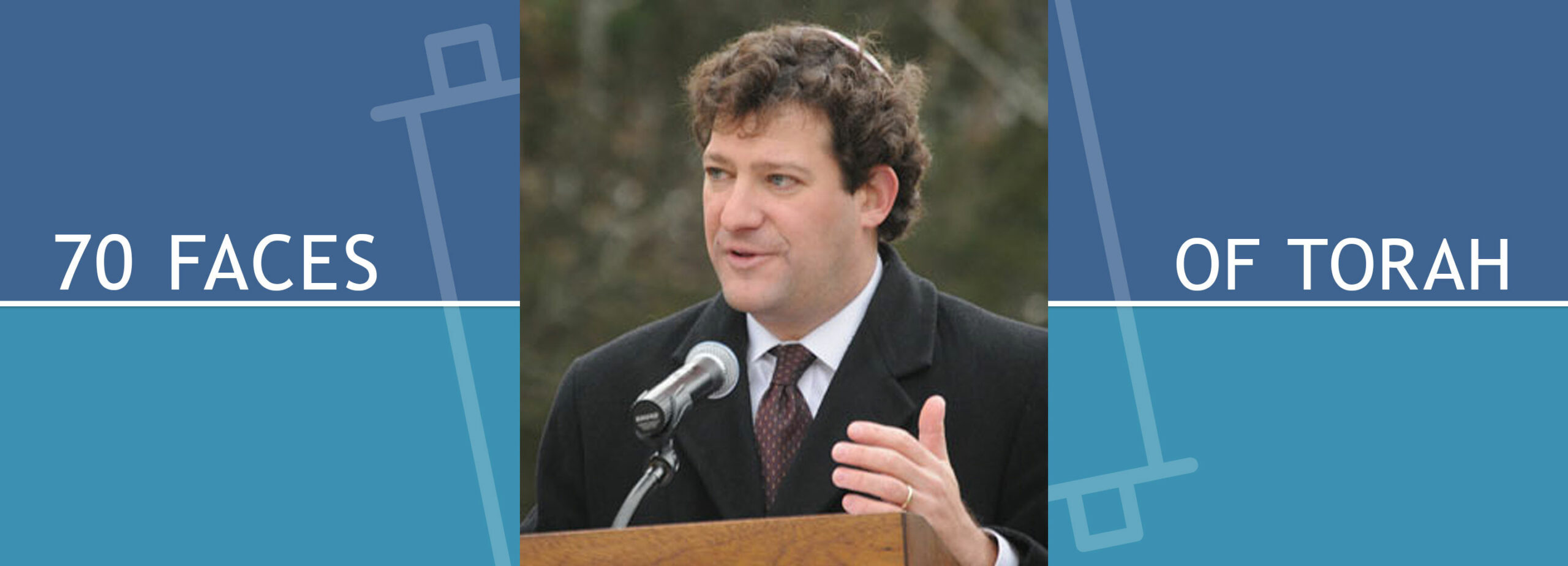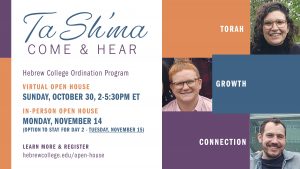Deuteronomy The Mitzvah of Forgetting

Parashat Ki Teitzei (Deuteronomy 21:10-25:19)
Parashat Ki Teitzei falls when the full moon of Elul is fat in the sky and the awareness settles on us that Rosh Hashanah is just around the corner. We are now deeply ensconced in the season of teshuvah and the task of sifting through the details of our lives and our relationships.
Among the wide array of Mitzvot found in this parashah are a special set of agricultural laws that create a safety net for the poorest and neediest people in ancient Israelite society. These laws appear in various formulations in three different sections of the Torah (Lev. 19:9-10; Lev. 23:22; and in our parashah at Deut. 24:19-22). Despite some discrepancies between the passages, a startling message emerges: Not all of the ancient Israelite landowner’s crops belonged to the landowner; rather, a measure of the fields belonged to poor, hungry, and homeless people who were entitled to come and sustain themselves from what they rightfully owned.
Of these biblical protections that are offered to people in need, the three most widely-known are:
Pe’ah— the edge of the field, which was off-limits for the landowner to harvest;
Leket—the gleanings that dropped to the ground while the harvesters were collecting the ripe crops, which now were to be left for people in need;
Shikhecha—forgotten crops, perhaps a stalk or a row or section of the field that the landowner mistakenly neglected.
Of these three different Mitzvot, let’s focus on the curious commandment of shikhecha, the forgotten crop. Our tradition finds some spiritual implications in this law that make it unique among the 613 Mitzvot of the Torah.
Deuteronomy 24:19 states:
כִּי תִקְצֹר קְצִירְךָ בְשָׂדֶךָ וְשָׁכַחְתָּ עֹמֶר בַּשָּׂדֶה לֹא תָשׁוּב לְקַחְתּוֹ
לַגֵּר לַיָּתוֹם וְלָאַלְמָנָה יִהְיֶה
לְמַעַן יְבָרֶכְךָ יְהֹוָה אֱלֹהֶיךָ בְּכֹל מַעֲשֵׂה יָדֶיךָ׃
When you reap the harvest in your field and overlook a sheaf in the field, do not turn back to get it; it shall go to the stranger, the fatherless, and the widow—in order that YHVH your G-d may bless you in all your undertakings.
That is to say, in the process of harvesting a field, one particular stalk or area was accidentally overlooked by the harvesters. The verb v’shakhachta, “you forget (or overlook),” appears here, from which the rabbis later derived the word shikhecha to describe this Mitzvah. Once that crop was passed over, it no longer was the property of the landowner; it now went to sustain hungry people.
However, our Sages pointed out that there is something extraordinary about shikhecha that makes it distinct from all of the other 612 Mitzvot and puts it in a category all its own. Namely: it is a Mitzvah that you can’t possibly plan in advance; it can only be performed once a mistake has happened! Only when this sheaf was accidentally left behind can the potential to use it for a Mitzvah be realized.
This anomaly was recognized by the rabbis in the 2nd-century text known as the Tosefta:
מעשה בחסיד אחד ששכח עומר בתוך שדהו ואמר לבנו צא והקריב עלי פר לעולה ופר לשלמים אמר לו אבא מה ראית לשמוח בשמחת מצוה זו [יותר] מכל מצות שבתורה אמר לו כל מצות שבתורה נתן [להם המקום] לדעתנו זו שלא לדעתנו שאילו [עשינוהו ברצון לפני המקום לא באת מצוה זו לידינו [אלא] הרי הוא אומר (דברים כד) כי תקצור וגו’ קבע לו הכתוב ברכה והלא דברים קל וחומר מה אדם שלא נתכוין לזכות וזכה מעלין
…עליו כאילו זכה המתכוין לזכות וזכה על אחת כו”כ
A story is told of a certain pious man [Heb. chasid] who forgot a sheaf in his field. He said to his son, “Go and sacrifice on my behalf a bull for a burnt-offering and a bull for a peace-offering!” [These are acts of gratitude and rejoicing.]
His son replied, “Abba, what makes you want to celebrate the joy of this particular Mitzvah more than all the other Mitzvot in the Torah?” He answered, “God has given all the other Mitzvot in the Torah to be observed consciously, but this one is observed unconsciously. Were we to observe this one of our own deliberate free will, we never would have the opportunity to do it! But we are told, When you reap the harvest of your field and you overlook a sheaf… (Deut. 24:19) The Torah gave it for a blessing.”
This is a perfect example of an argument kal va-khomer:¹ If, when a person has no deliberate intention of performing a Mitzvah, it is nonetheless reckoned to him as a merit, then how much more so when a person deliberately performs a Mitzvah! (Tosefta, Pe’ah 3:13)
The Rabbis are teaching several beautiful spiritual insights. The first is the pure delight in having the unexpected opportunity to do a Mitzvah. That, in itself, is a wondrous way of viewing the world: as a place filled with luminous Mitzvah-potential. Imagine how that sort of consciousness changes the way we view the world—not to mention our interactions with others—when we know life is filled with opportunities for tikkun olam, even when we aren’t expecting it.
Furthermore, this Mitzvah sheds some spiritual light on this season of teshuvah. For shikhecha can only be given after a mistake has happened. The landowner screwed up by missing this part of the harvest, but now has the ability to do good because of that error.
Each of us has a similar opportunity during this build-up to Rosh Hashanah. Teshuvah is a Mitzvah that can only be done by people who have made mistakes, who have caused damage or hurt in the world. Only because we’ve done harm do we have the opportunity to grow and become better human beings, through the Mitzvah of teshuvah. We’ve done wrong, but can respond to the wrong by doing acts of repair.
In a sense, each of us therefore has the upper hand over someone who is perfect and has not sinned—because we get the opportunity (and the ultimate joy) of performing the Mitzvah of teshuvah. If a person hasn’t sinned, then they can’t do the central Mitzvah of the season!
This time of year is marked by serious responsibility and spiritual power. It is for all of us who, somehow, have temporarily forgotten our way, and now long desperately to do some good with what remains. Just like that ancient field hand from the Torah and his overlooked sheaves.
- Kal va-khomer: An argument made a fortiori: “If this small case is so… then how much more the larger/more obvious case must be so.”
Rabbi Neal Gold teaches a variety of courses for Hebrew College’s Me’ah Classic and Me’ah Select, and he serves as the Jewish Chaplain and Hillel Director at Babson College. He is the founder of A Tree with Roots, an online platform for creative and spiritual Jewish learning, and is the editor of Radiance: The Prose and Poetry of Danny Siegel (JPS, 2020).
Please contact the author if you’d like to share any feedback.


